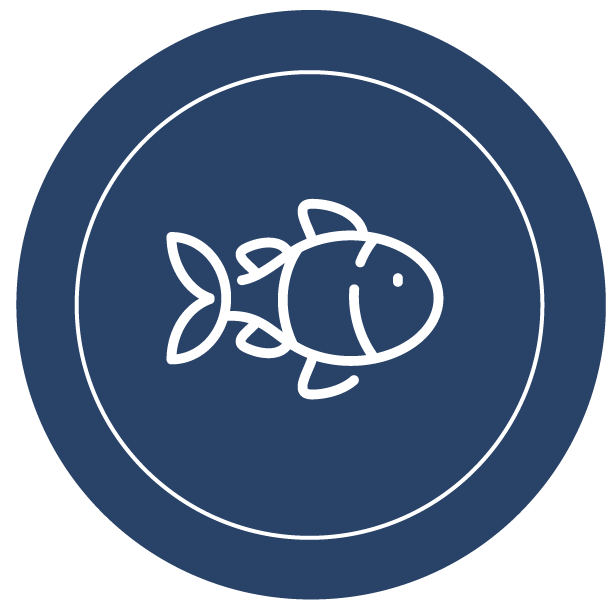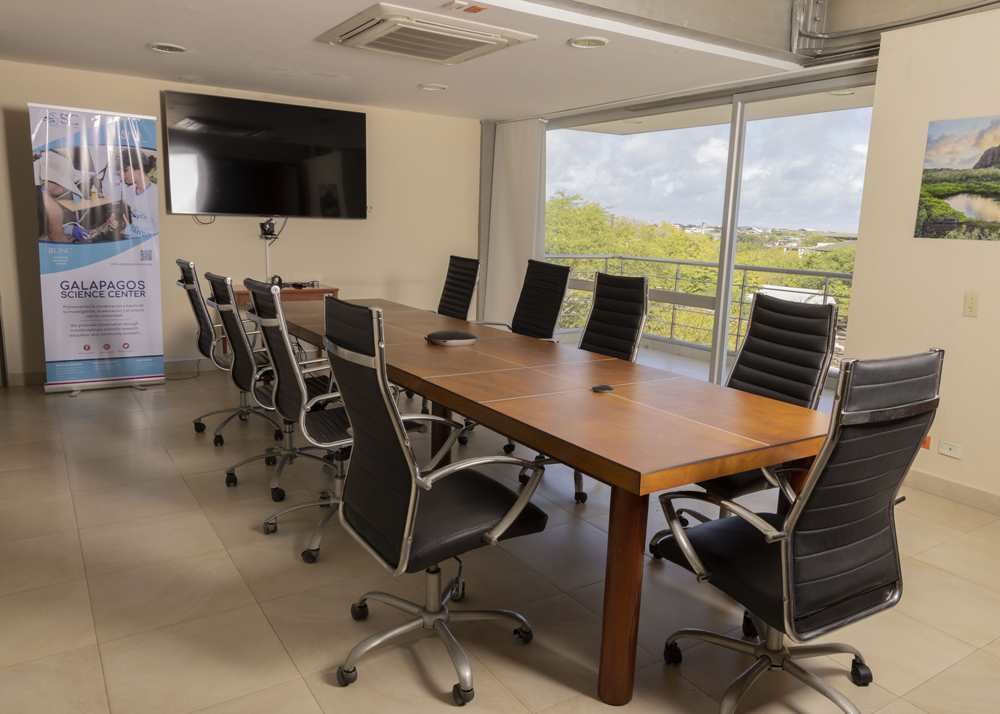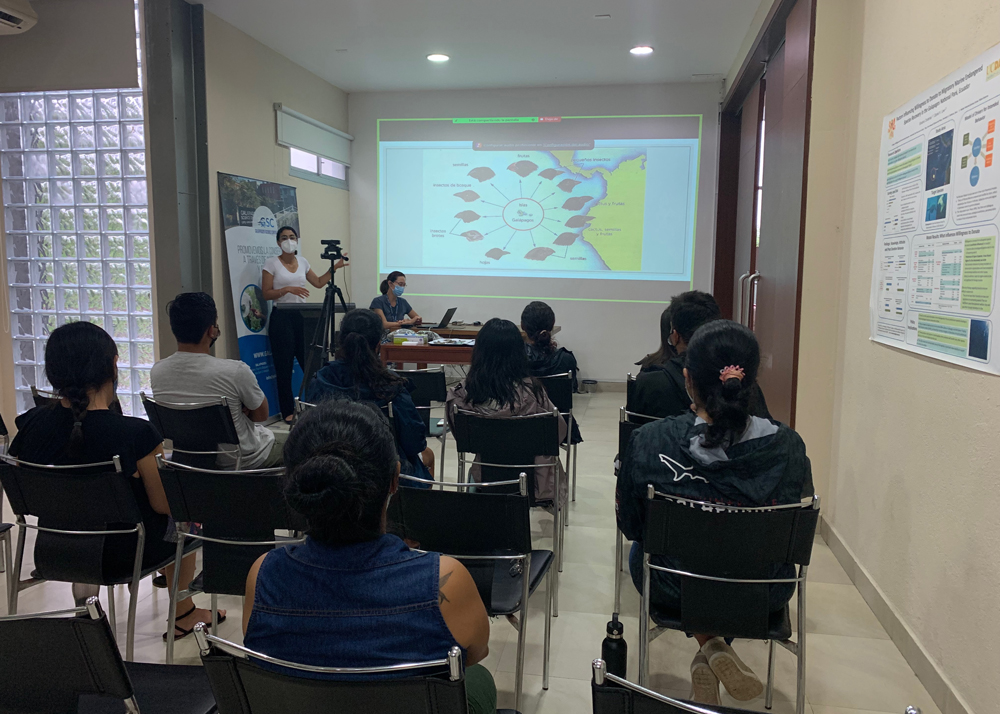INFRASTRUCTURE
The Galapagos Science Center (GSC) is a research, education and outreach facility on San Cristobal Island built in 2011 that is jointly administered by the University of San Francisco Quito (USFQ) and the University of North Carolina at Chapel Hill (UNC). The 20,000-square-foot GSC houses four state of the art laboratories, each with a dedicated research focus: terrestrial ecology, marine ecology and oceanography, microbiology and genetics, and data science and visualization.
The GSC also offers multiples spaces for scientist to meet and work together, research spaces for faculty and students, and multipurpose spaces for community outreach and education events.
LABORATORIES

Terrestrial Ecology Laboratory
The Terrestrial Ecology Lab supports fundamental and groundbreaking ecological research that is essential to conservation efforts and improving quality of life in the archipelago and beyond.

Marine Ecology Laboratory
The activities carried out in the Marine Ecology Lab are focused on ecological, biological and genetic studies of different populations of marine species that inhabit both the open sea and intertidal zones of the Galapagos.

Microbiology and Molecular Biology Lab
The Microbiology and Biomolecular Lab provides the equipment researchers need to work with different biological samples for clinical, microbiological, and genetic studies.

Data Science and Visualization Lab
No research facility is complete without the tools needed to track, model and visualize information and data.
MEETING ROOM
The meeting room connects GSC researchers and its staff to international science collaborators to advance science.
Teleconference and monitor, including conference table with seating for 20 people

COMMUNITY HALL
The community hall is a hybrid space used for study abroad courses, citizen science projects, or to disseminate research findings to the local community.
Projector, speaker and seating for maximum 30 people, including a back outdoor patio área



